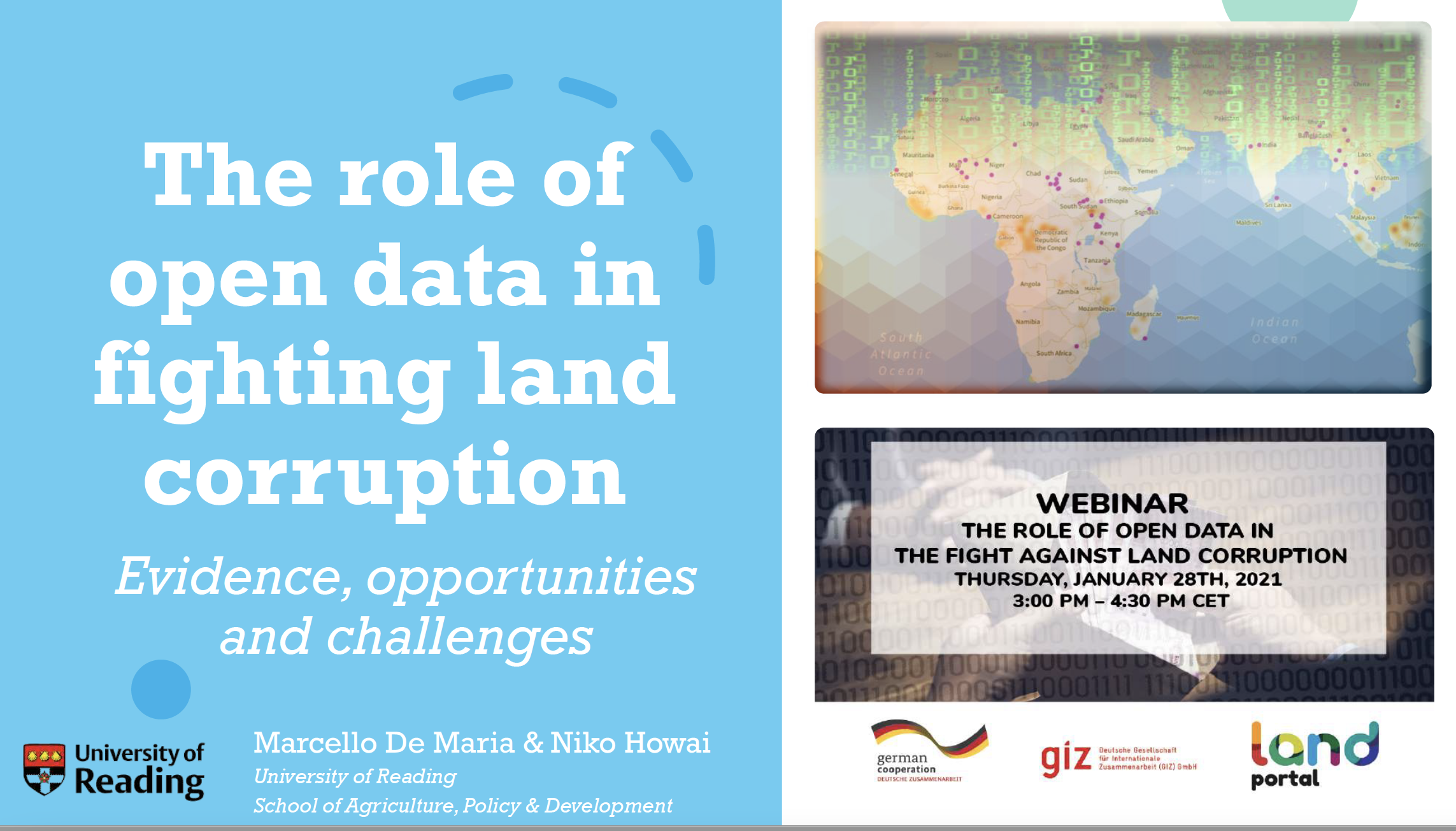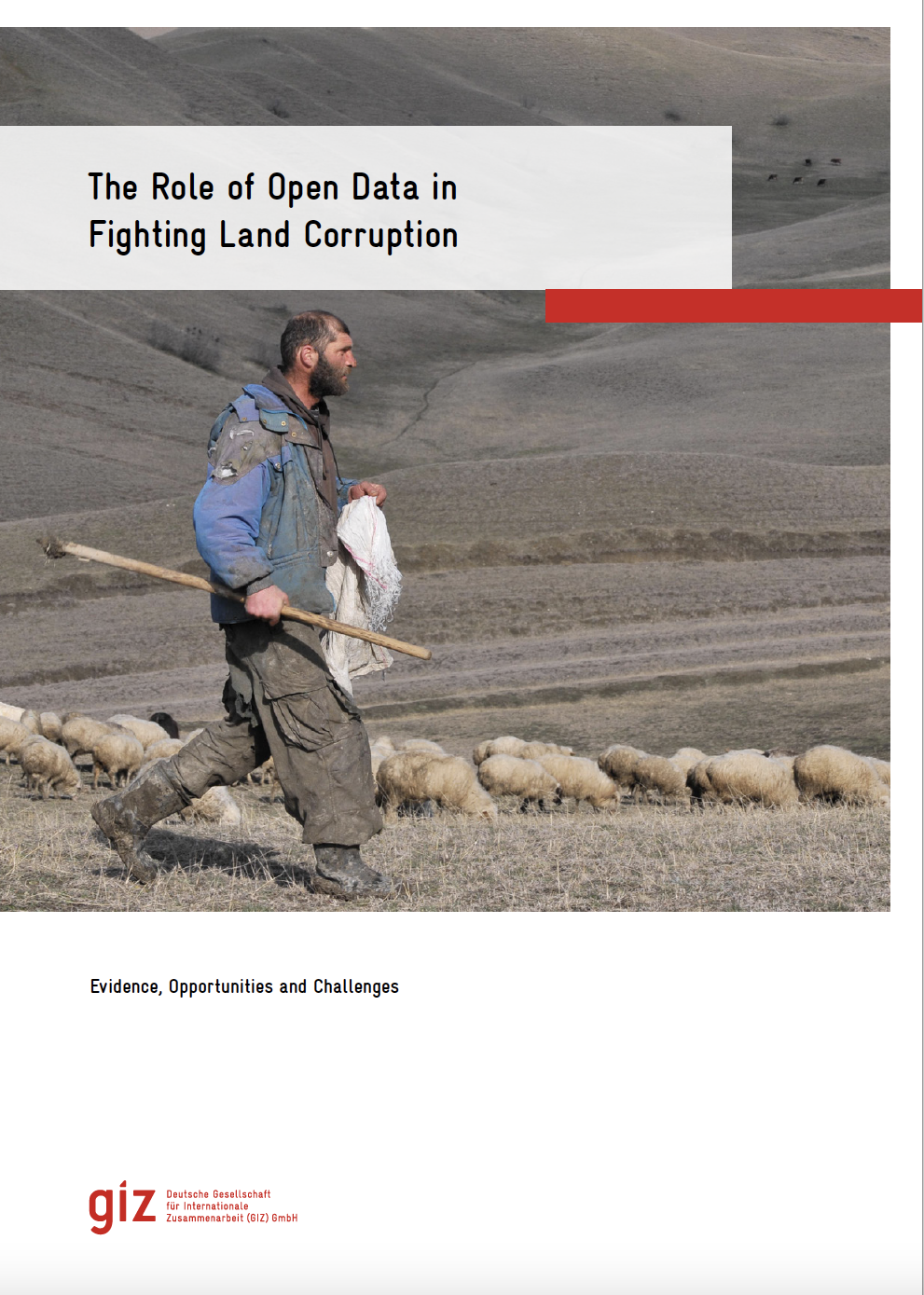Plural Valuation of Land and Insights for Achieving Sustainable Outcomes in Large-Scale Land Acquisition Projects:
Large-scale land acquisition projects by foreign investors, also known as “land grabbing,” raise difficult questions about the processes of valuing land in Sub-Saharan Africa that the current literature does not sufficiently explore. Land acquisitions can help developing countries like Tanzania achieve their economic and development goals. Nonetheless, it can also threaten local livelihoods and well-being due to displacement, lack of access to natural capital, and conflicts between land users.











